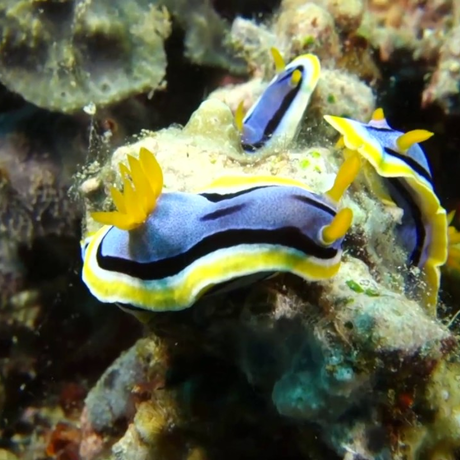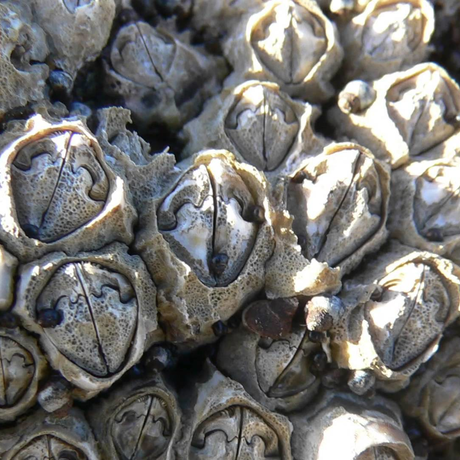Featured Articles
Today's post is Science Today's last. Thanks for joining us these past eight years!
Ecologically- and economically-rich coral reefs occur in very specific places on our planet.
New species finds include a succulent plant, worms and crustaceans near a hydrothermal vent and desert bees.
How can we effectively communicate the urgency around plastic pollution in the ocean to effect change?
Scientists, ranchers, and farmers are working together to protect forested land near the Panama Canal.
Scientists are listening in to dinner conversations in the ocean.
Scientists turn back the clock and raise pH levels in an isolated coral reef. What are the results?
New tools for human gene editing bring reactions of fear AND hope. How can we temper both?
Tracking pangolin crimes, animal brain size could lead to endangerment, and tracking beluga whales’ dives.
Conservationists are using science to help stop elephant poaching, but more needs to be done.
Hermaphroditic barnacles have a lot going for them in the romance department...
A hiding daddy longlegs comes into view and another bacterium that causes Lyme disease.
Kalligrammatids were very similar to butterflies, just 40 million years too early to be butterflies.













